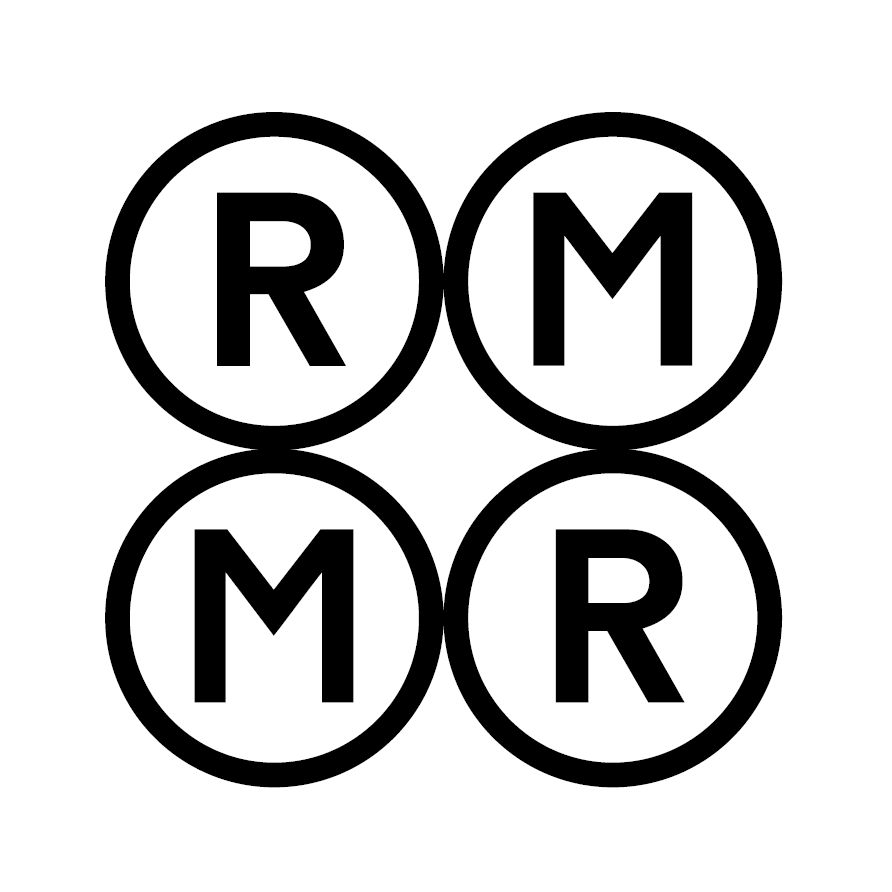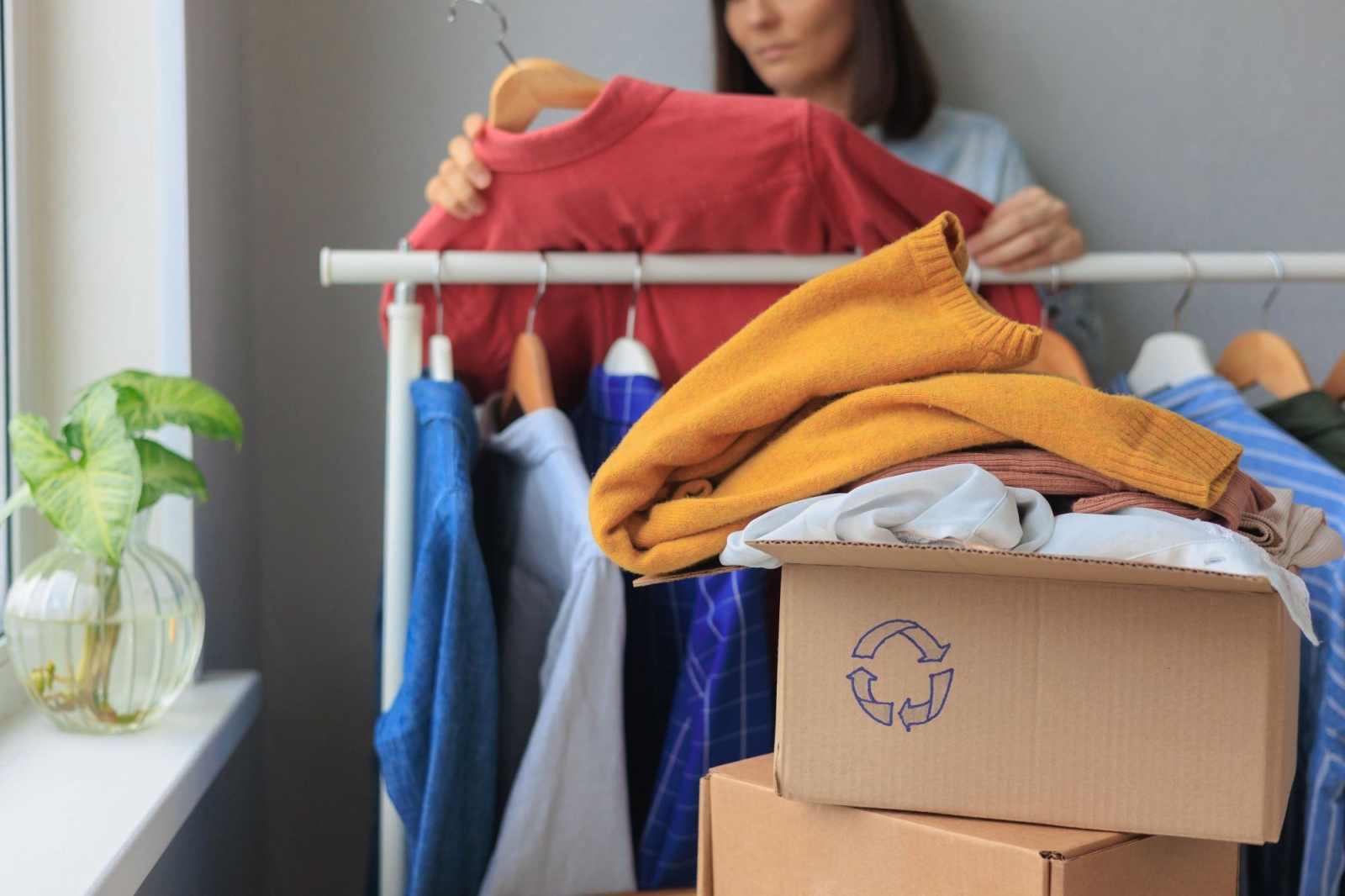Cobat Tessile is an Italian voluntary association for the collection, treatment and recovery of end-of-life textile products. Established in 2022 by Cobat – the largest circular economy platform in Italy – it was the first association to call for an extended producer responsibility for textiles. According to Cobat Tessile, the new Italian textile EPR should focus on a cross-cutting approach and selective collection.
Towards an EPR for textiles in Italy
In December 2021, Cobat Tessile filed an application with the Italian Ministry of Ecological Transition to set an extended producer responsibility strategy for the end-of-life management of textiles. March 2022 saw the official foundation of the association, which chose to represent different business categories, from manufacturers (including F.lli Campagnolo S.p.a., Leva S.p.a and Remmert S.p.a.) to associations of small, medium and large enterprises such as Cna, Confartigianato, Casartigiani and Confindustria Toscana Nord, Union Tessile and Confcooperative.
“We have opted for a cross-cutting approach, involving the entire textile sector, with manufacturers and distributors of clothing and accessories, leather goods, and household products, because we believe that there is no single answer to the end-of-life management of these products,” says Michele Zilla, general manager of Cobat Tessile.
The European Union produces 12.6 million tonnes of textile waste per year. Clothing and footwear alone account for 5.2 million tonnes, or 12 kg of waste per person per year. “Today, only 2 kg per person are collected in Italy every year,” says Zilla. “How and where do we catch the rest? With EPR, textile waste will no longer be just sorted, but ‘selected’, and we think that the best way to do so would be setting up special collection points at suppliers, shopping centres and communities. Adequately sized points of sale could also be used to increase outreach”.
The risk of a regulatory vacuum
After publishing the draft of the new law, the Italian Ministry of the Environment and Energy Security started a consultation phase in March, where all the stakeholders involved could make their voices heard.
Italy introduced the obligation to sort specific textile waste separately in January 2022. However, the associations today are lingering in a limbo between the long-awaited decree that should include all clothing, accessories, and household items (sheets, towels, etc.) and the proposed European directive of July, 5. “Usually, it takes almost two years to process a directive,” says Zilla, “and with the coming elections, we risk facing a regulatory vacuum until 2025”.
“Harmonised EPR”, for Brussels, means a principle that can be adapted according to the product. This means that the environmental levy paid by companies for a woollen dress will differ from that of a polyester one, as the costs of their end-of-life treatment and recycling vary.
Open to the participation of all actors in the supply chain, Cobat Tessile can count on an IT system that can track waste from collection to treatment and on a network of treatment plants throughout the country.
This article is also available in Italian / Questo articolo è disponibile anche in italiano
Image: Envato
© all rights reserved



